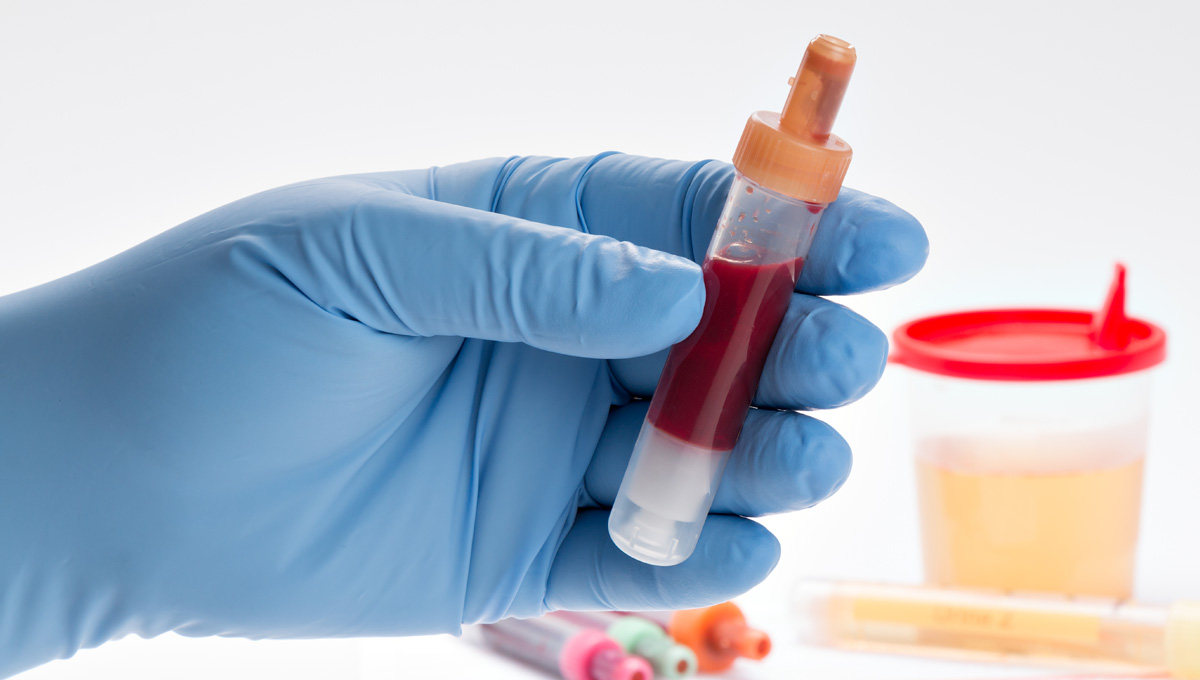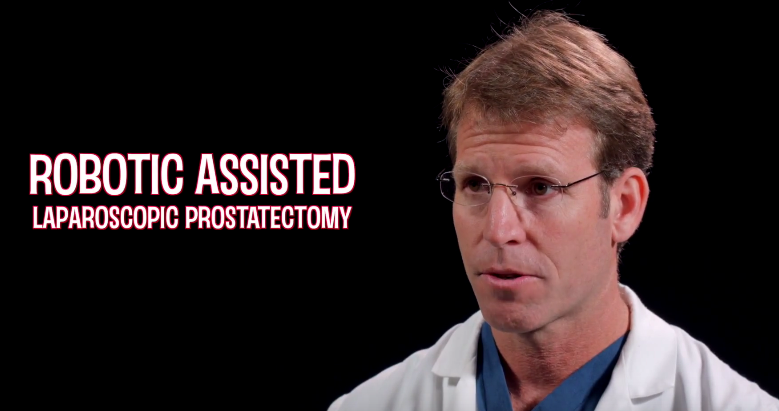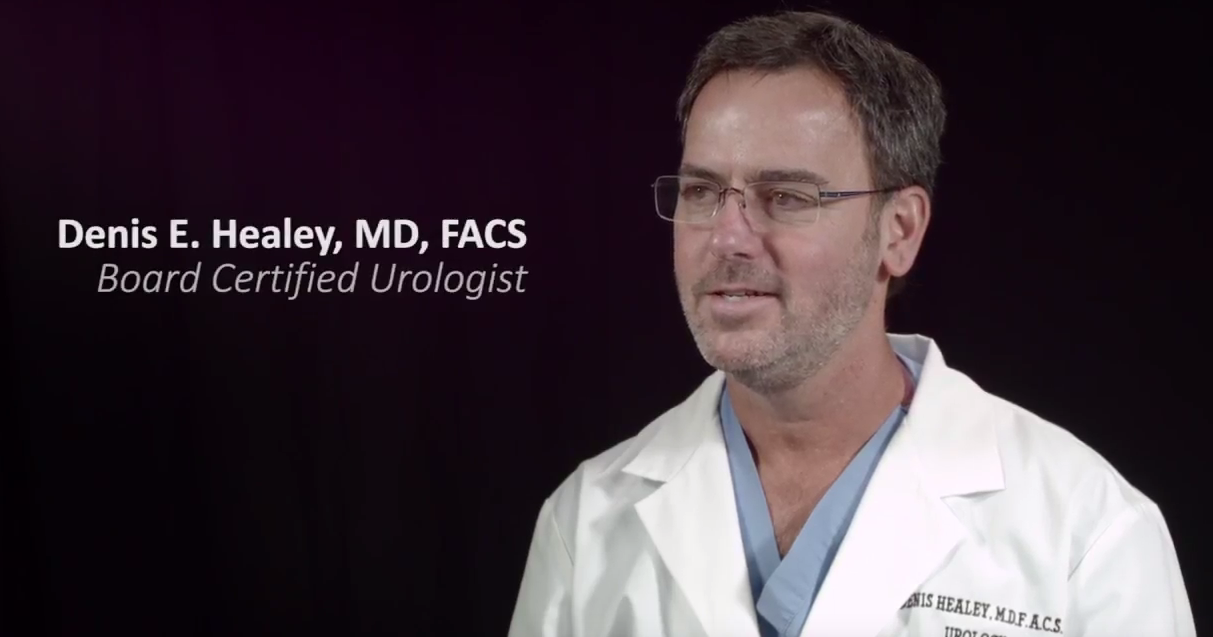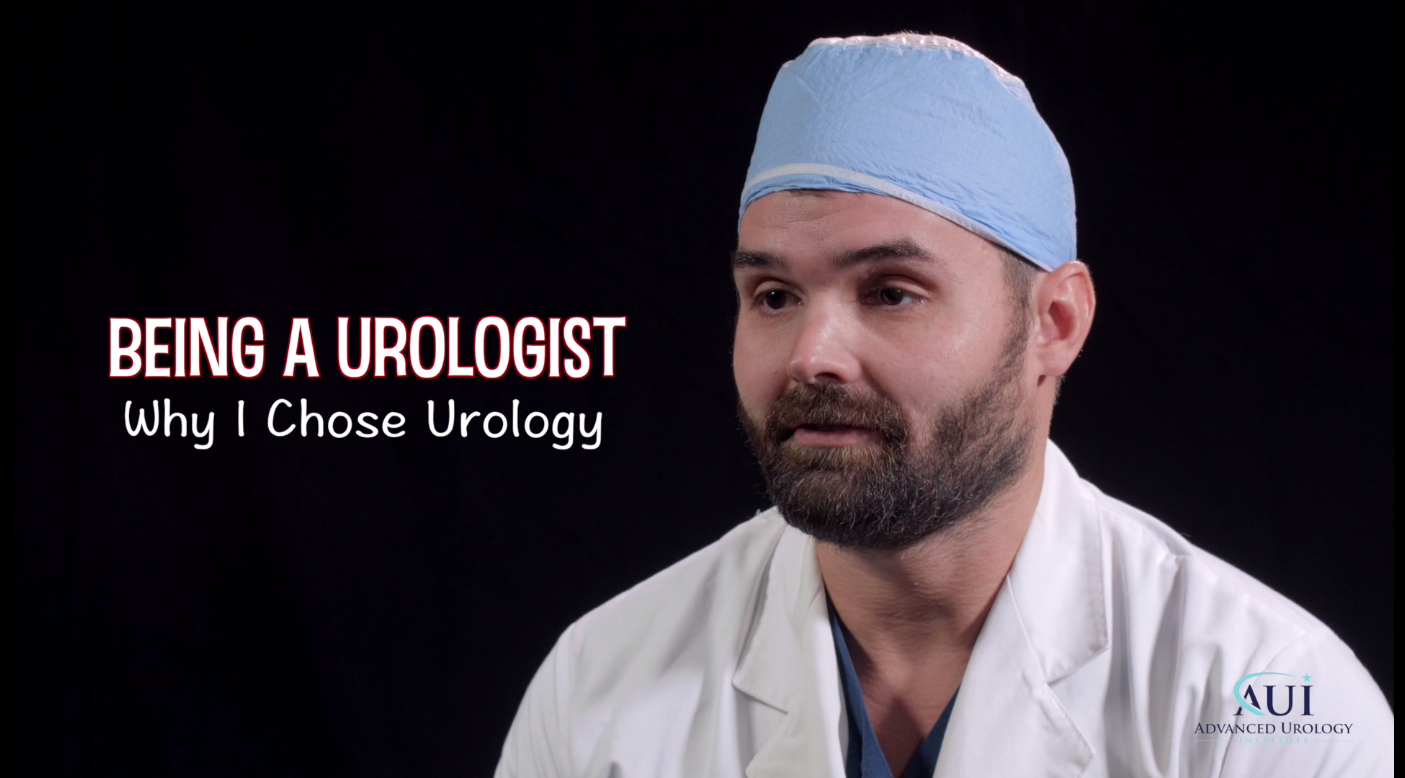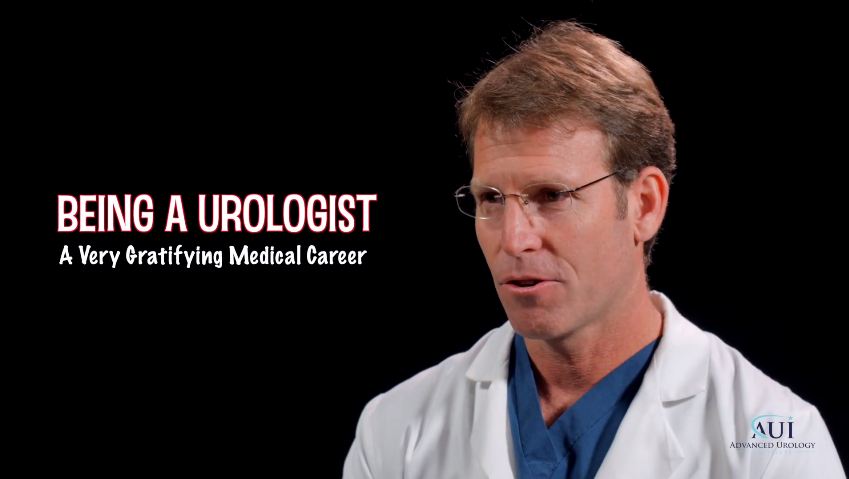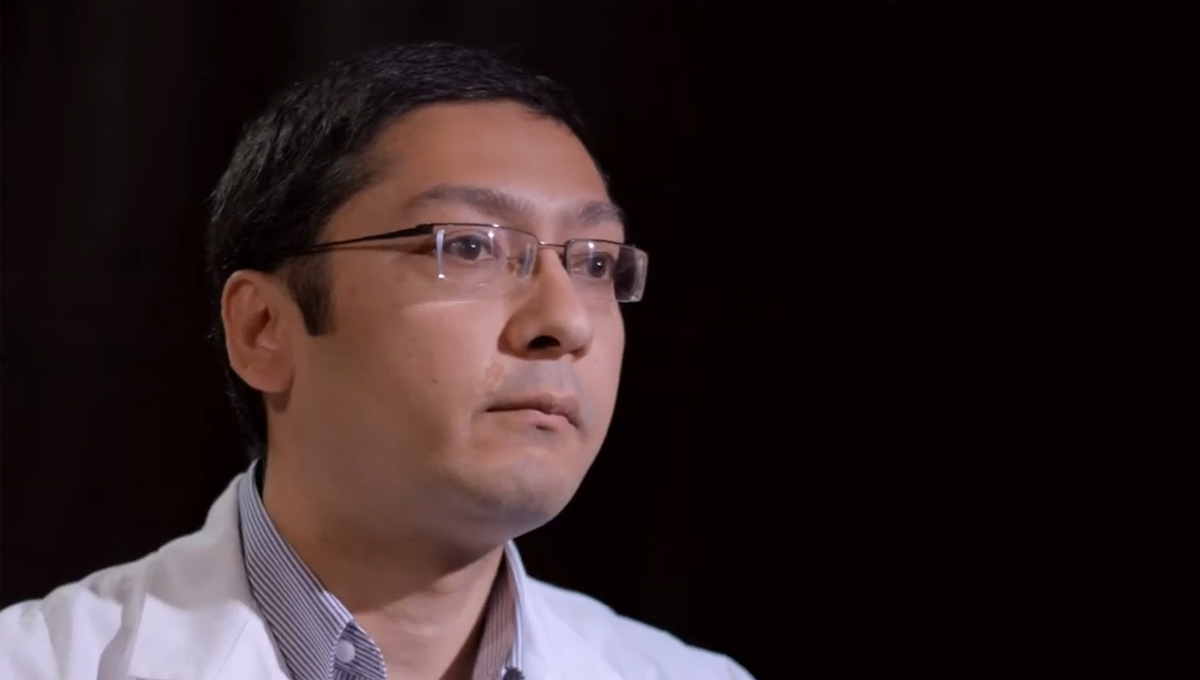James Deas’ journey was filled with necessary steps and procedures, ultimately leading to AUI eliminating his prostate cancer.
Continue readingRadiation Therapy – Creating the Plan for Treatment
Our team at the Advanced Prostate Cancer Institute is here to help create a customized radiation therapy plan for you.
Continue readingThe Best Place for Treating Prostate Cancer in Oxford, Florida
Patient’s Treatment and Satisfaction is #1 At Advanced Prostate Cancer Institute
What Are The Types of Hematuria?
Video: Providing Effective Patient Education
Hematuria is a health condition that is characterized by the presence of blood in the urine. There are two main types of hematuria: microscopic and macroscopic.
In microscopic hematuria, there is no visual evidence of the presence of blood, unless the urine is view under a microscope. Macroscopic hematuria, on the other hand, is evident immediately with red discoloration of the urine.
Hematuria can also be classified according to the cause of the blood in the urine. Both of these types are detailed further below.
Microscopic Hematuria
The concentration of blood in the urine is not visible to the naked eye in microscopic hematuria and can only be detected under a microscope.
Some individuals are affected by microscopic hematuria without an identifiable cause, which is referred to as idiopathic hematuria. This is thought to result from an increased excretion of red blood cells in respect to what is considered to be normal, although may not be associated with adverse effects on the individual.
Macroscopic Hematuria
Also known as frank or gross hematuria, macroscopic hematuria involves visible discoloration of the urine as a result of a greater concentration of blood in the urine. The color is usually described as pink, red or dark brown. Additionally, there may also be evidence of small or large blood clots in some cases.
It is not necessary for a large volume of blood to be present for the color of the urine to be altered. In fact, 1 mL of blood is sufficient to precipitate a change in color. Additionally, the volume of blood may not be an accurate indicator of the severity of the underlying cause, and even a small quantity of blood may have serious repercussion and vice versa.
Joggers Hematuria
“Joggers hematuria” is a specific type of hematuria that occurs as a result of recurrent damage to the bladder during activities such as jogging and long-distance running.
Classification by Cause
Hematuria can also be classified according to the cause of the condition, as follows:
- Infective hematuria: due to pyelonephritis, cystitis or urethritis
- Stones-related hematuria: due to staghorn calculi, calcium stones or uric acid stones
- Trauma-related hematuria: due to pelvic trauma, renal injuries or foreign bodies
- Renal hematuria: due to IgA nephropathy, hereditary nephritis, medullary sponge kidney or thin basement membrane diseases
- Iatrogenic hematuria: due to recent endoscopic procedure, trans-rectal ultrasound, traumatic catheterization, radiation, indwelling ureteric stents, renal biopsy or extracorporeal shockwave lithotripsy
- Benign hematuria: due to strictures, renal masses or benign prostatic hypertrophy
- Malignant hematuria: due to prostate acinar adenocarcinoma or renal cell, transitional cell, squamous cell or urothelial cell carcinoma
Other Causes of Red Discoloration
While red discoloration is the most distinctive feature of hematuria, there are various other causes of this discoloration, which can result from numerous factors. These may include the presence of pigments such as:
- Myoglobin (indicative of myoglobinuria)
- Porphyrins (indicative of porphyria)
- Betanin (in beets)
Additionally, some drugs can have a similar effect, including rifampicin, phenazopyridine, sulphonamides and non-steroidal anti-inflammatory drugs (NSAIDs).
Robotic Assisted Laparoscopic Prostatectomy, Surgical Advancement in Urology – Dr Matthew Merrell
Video: Robotic Assisted Laparoscopic Prostatectomy, Surgical Advancement in Urology – Dr Matthew Merrell
Robotic Assisted Laparoscopic Prostatectomy allows the surgeon greater visualization, enhanced dexterity, precision, control and superior ergonomics.[Read Full Article…]
Dr Denis Healey – Why Choose Urology?
Video: Becoming a Physician Assistant, Why did You Choose Urology – Jeanette Lain, PA C
Dr. Denis Healey expertise includes adult urology, Low T, ED, vasectomies, cancer, incontinence, laser surgery, infertility and stone disease. [Read Full Article…]
Why did Dr. Evan Fynes choose urology?
Being a Urologist, A Very Gratifying Medical Career – Dr Matthew Merrell
Video: Being a Urologist, A Very Gratifying Medical Career – Dr Matthew Merrell
Advanced Urology Institute – Urologists Working Together for You
Video: Advanced Urology Institute – Urologists Working Together for You
We believe that medical care is best delivered between an independent physician and a willing patient. When the physician is not in control, bad medicine (profit driven) results. [Read Full Article…]
How Are Genetics Transforming Our World? Dr. Saumil Karavadia Explores the Latest Advancements
Cryotherapy in Urology
Cryotherapy (also called cryoablation) does not require an incision. Instead, the elemental gas argon is directly administered with cryoneedles to freeze the targeted cancer cells. [Read Full Article…]
Being a Urologist: Why I Chose Urology – Dr. Evan Fynes
Video: Being a Urologist: Why I Chose Urology – Dr. Evan Fynes
Dr. Evan Fynes is a practicing urologist at Florida’s Advanced Urology Institute. The Advanced Urology Institute provides patient centered care with innovative and personalized treatments. For Dr Fynes, caring for his patients is one of the greatest joys of being a urologist. [Read Full Article…]
The Prostate Gland
Video: Testosterone Therapy – Diagnosing Low Testosterone Levels
For some men, difficulty urinating is often a sign of either an enlarged prostate or an inflammation of the prostate, called prostatitis. Early prostate cancer does not usually cause problems with urination. [Read Full Article…]



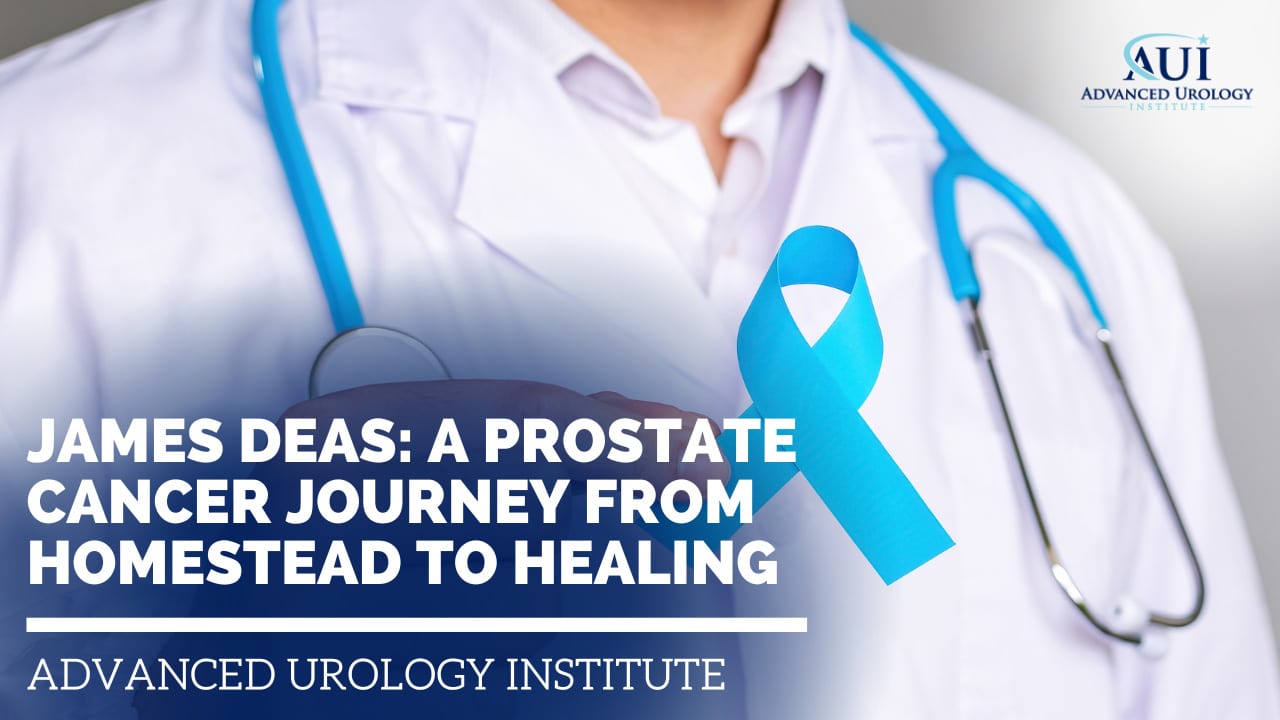
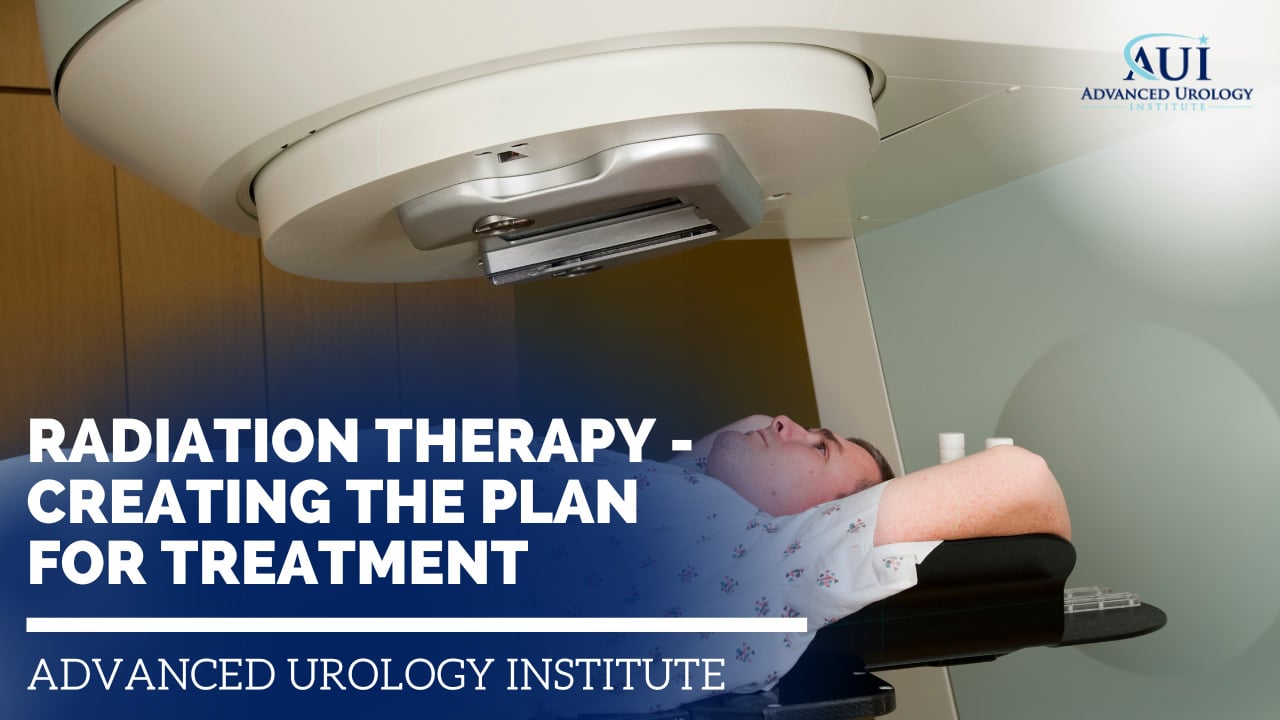
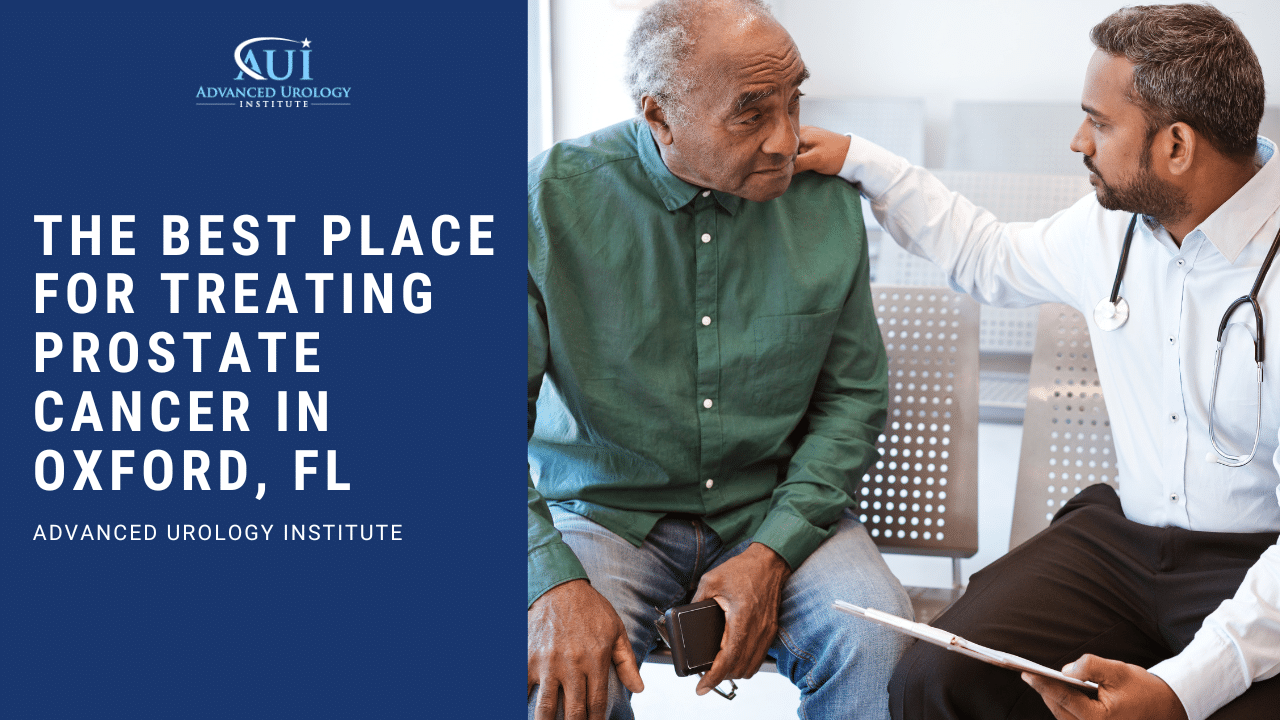
 When grappling with
When grappling with 

